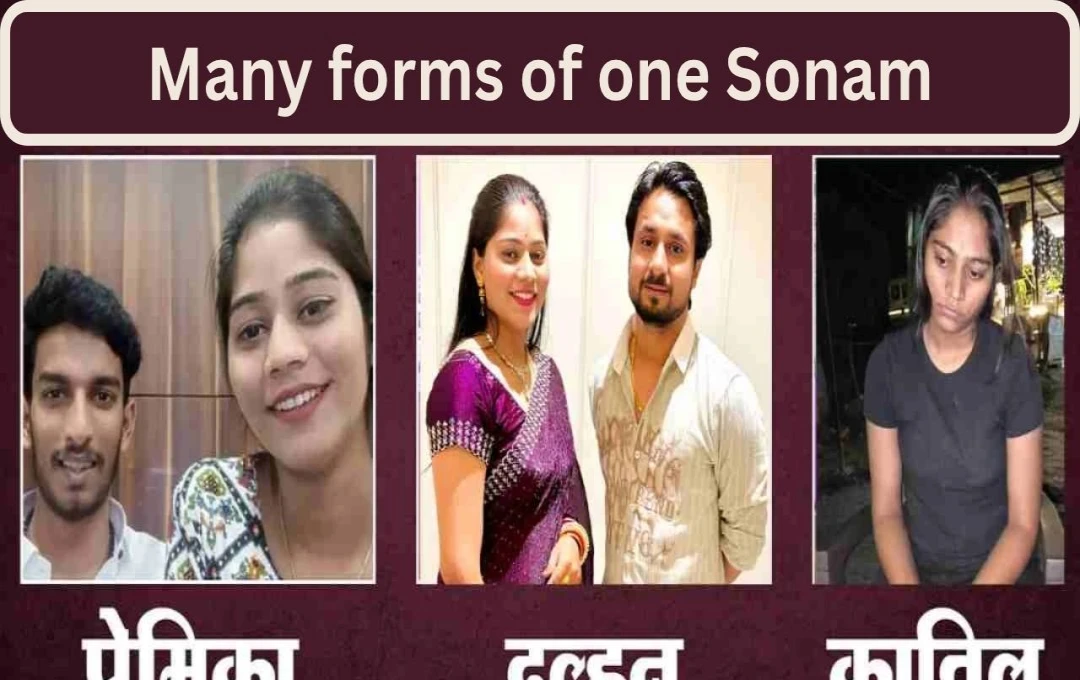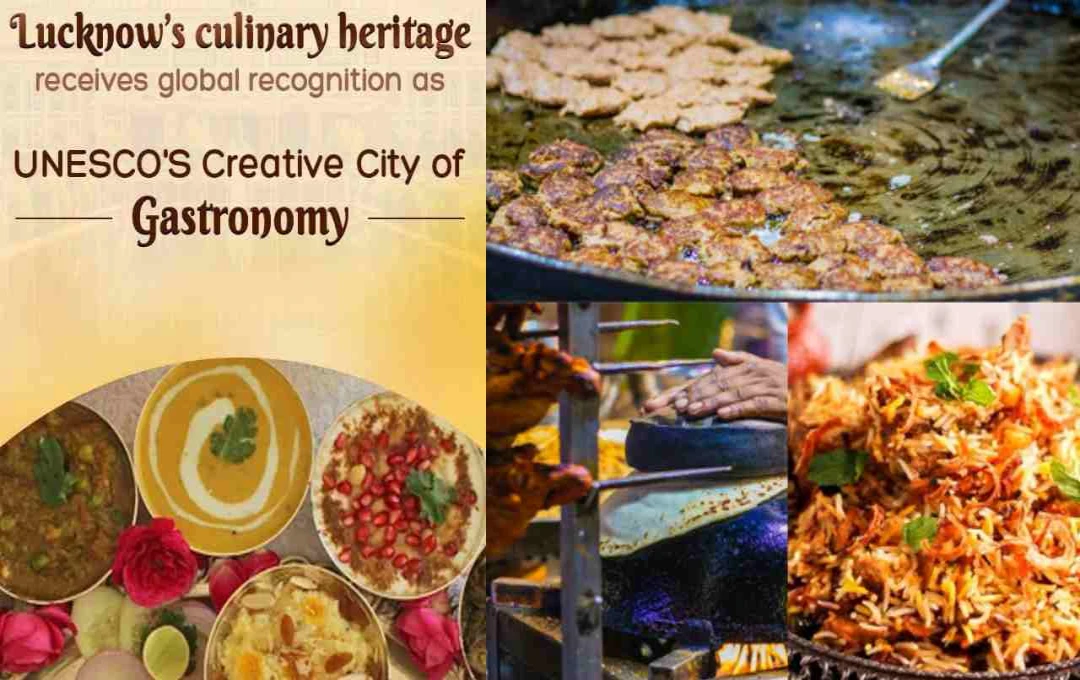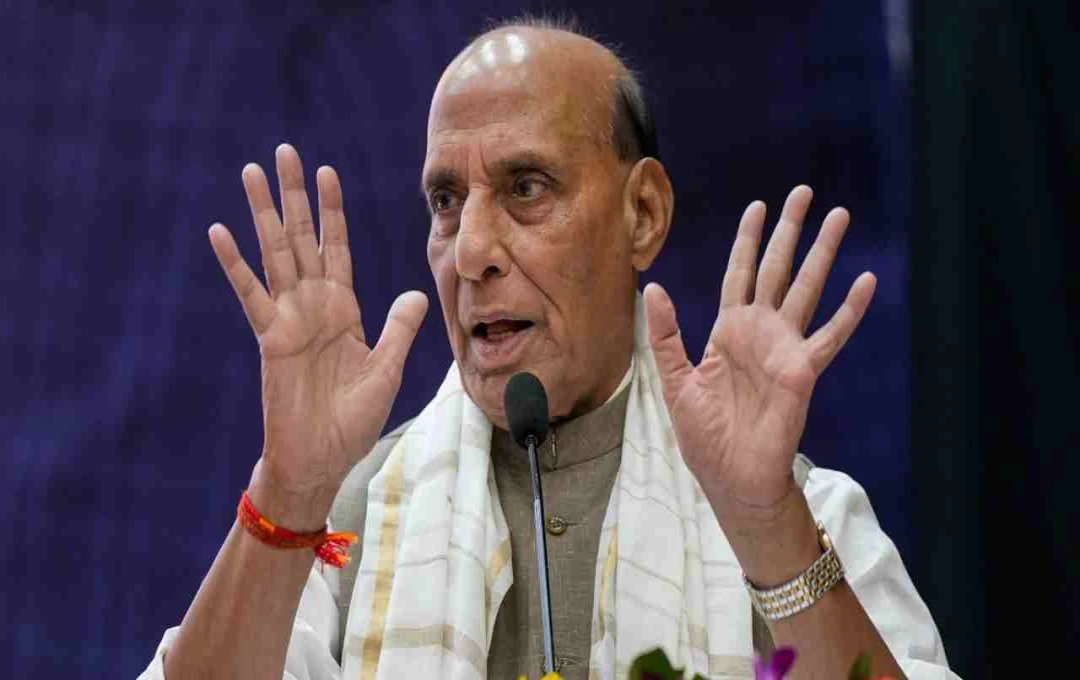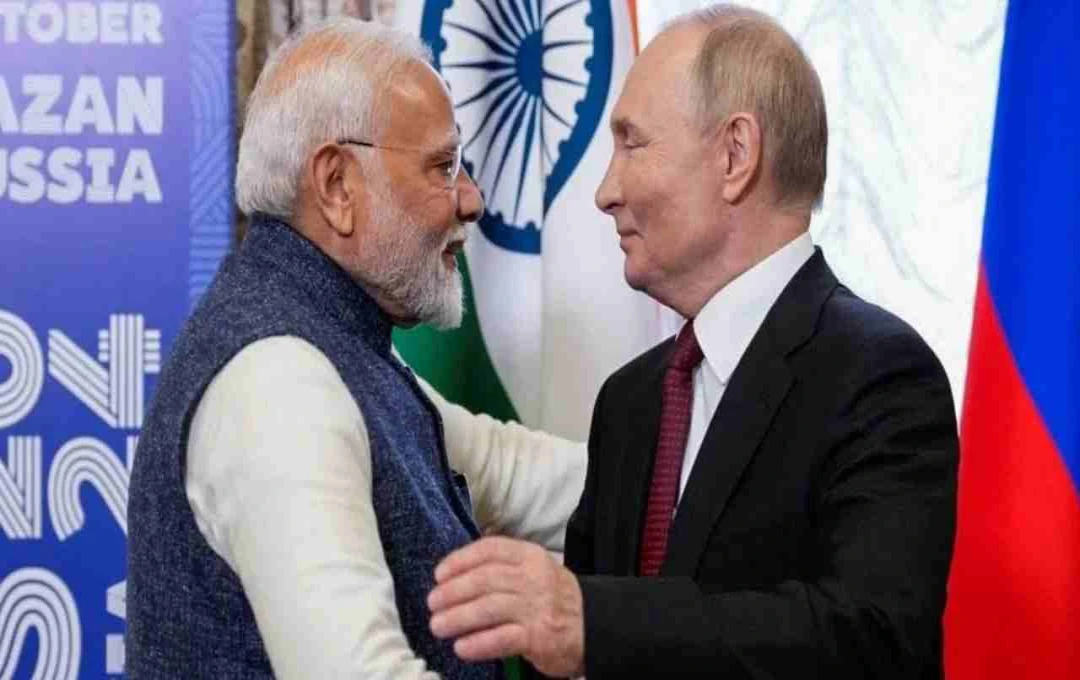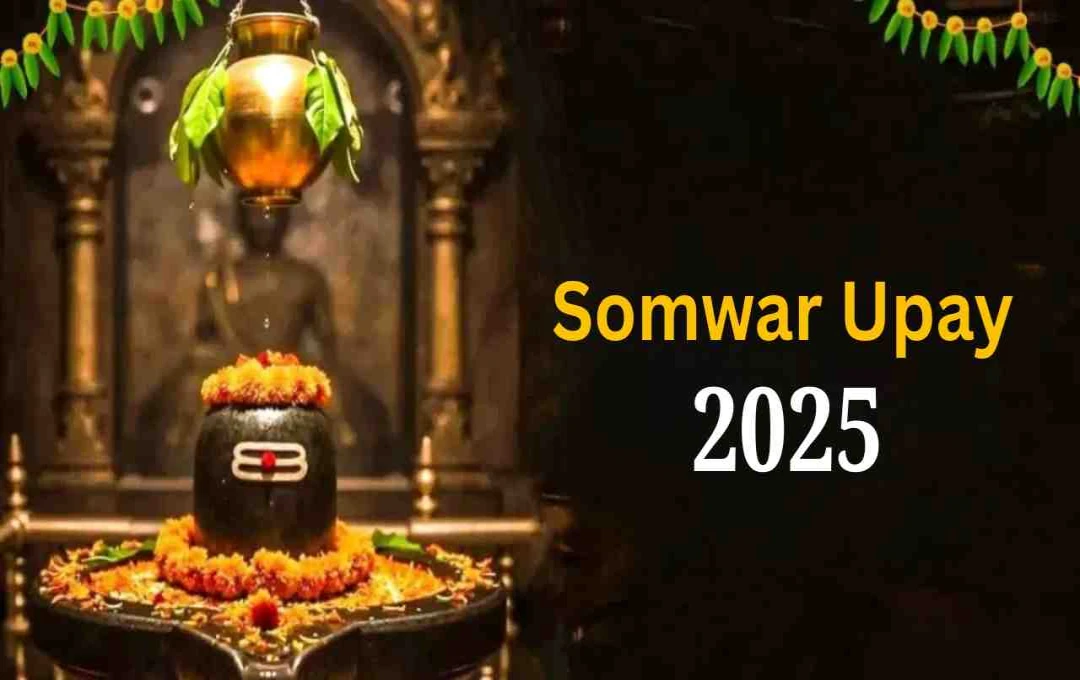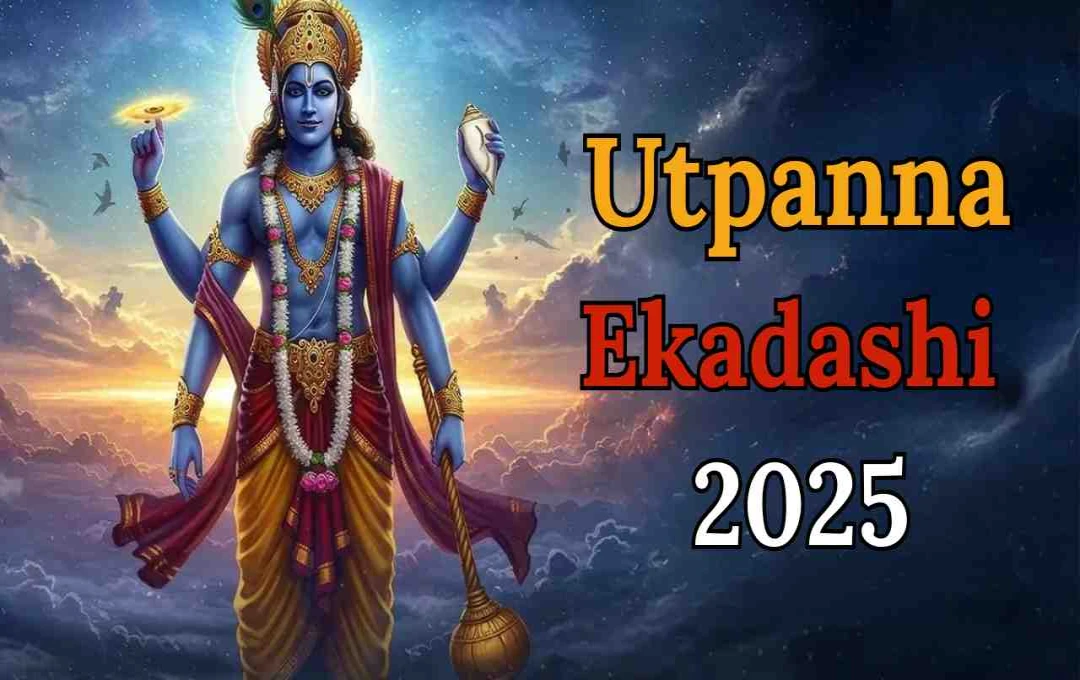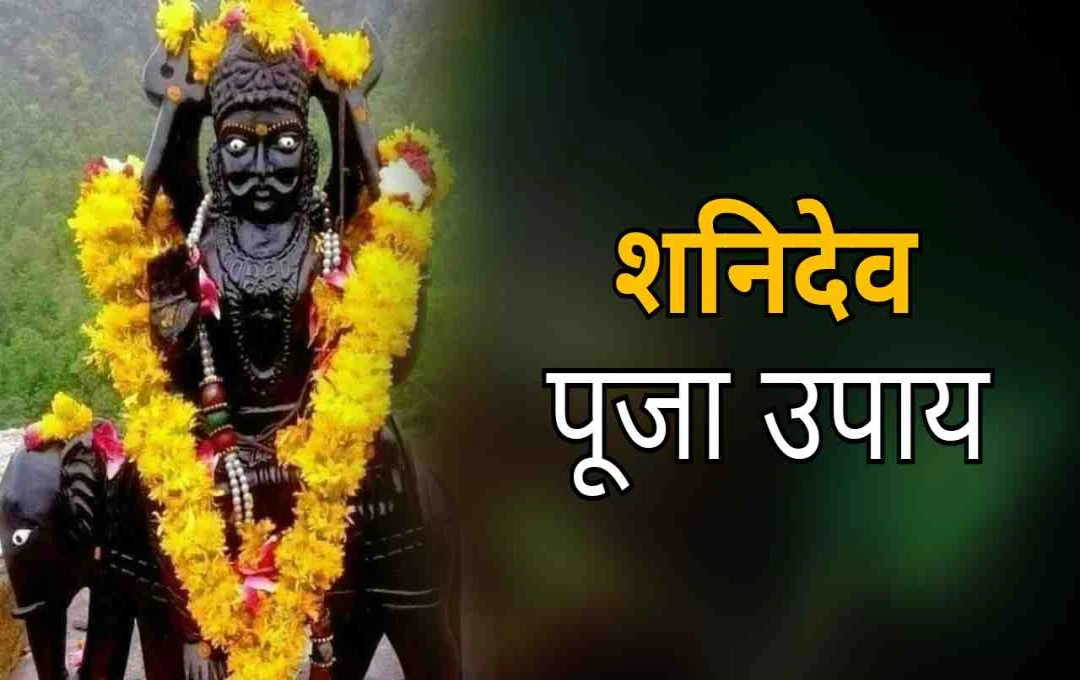The murder of Raja Raghuvanshi has sent shockwaves across the nation. The biggest question is: why did Sonam kill her husband? The answer initially points to her lover, Raj Kushwaha, but the story is far more complex.
Indore: The Raja Raghuvanshi murder case has evolved from a simple love triangle into a chilling example of psychopathy and narcissistic behavior. 26-year-old Sonam Raghuvanshi, who brutally murdered her husband, did so not merely because she was in love with Raj Kushwaha, but because she was unwilling to compromise her desires or submit to anyone's decisions. This case raises profound questions about the law, mental health, and societal values.
Beyond Love: Selfishness and a Need for Control
Initially, the case appeared to be a straightforward love triangle involving Sonam, her husband Raja, and her alleged lover, Raj Kushwaha. However, as the investigation progressed, multiple layers emerged. The statement of Sonam's brother, Govind Raghuvanshi, significantly altered the narrative. He revealed that Sonam tied a rakhi (a sacred thread signifying brotherly affection) on Raj and referred to him as "Didi" (sister), suggesting a close, potentially familial relationship.
If this is true, the question arises: what was the motive for the murder? It wasn't love, but rather Sonam's stubbornness, her personality, and her mental state that were the true drivers of the crime.

Sonam's Personality: Control-Seeking and Self-Centered
While Sonam had limited formal education, she was professionally active, managing a business with her brother Govind. Working in Indore, she had a tattoo reading "Bahti Layerein" (flowing waves) applied a year and a half prior to the incident. This tattoo reflects her nature: a free-spirited individual who refused to be constrained.
When her family pressured her into marriage, she reacted defiantly, choosing Raj Kushwaha, five years her junior, as her lover. However, sources suggest that this wasn't genuine love, but rather a desire for control. She sought a partner who would unquestioningly obey her and accept her decisions.
Conflict in Marriage, and the Price of Defiance – Murder
When her family arranged her marriage to Raja Raghuvanshi, she erupted in anger. She reportedly told her mother, "Do what you want, then watch what I do." This clearly indicated her refusal to accept any decision against her will. Even after marriage, her behavior towards Raja remained harsh. Sources suggest that Sonam didn't view Raja as a life partner, but rather as an obstacle. When circumstances didn't change to her liking, she made the ultimate, fatal decision—murdering her husband.
Psychiatrist Bhaskar Prasad, commenting on Sonam's behavior, stated that she falls under the Cluster B category of "Antisocial Personality Disorder" (ASPD). Individuals in this category generally disregard societal norms and emotions, prioritizing only their own desires and benefits.
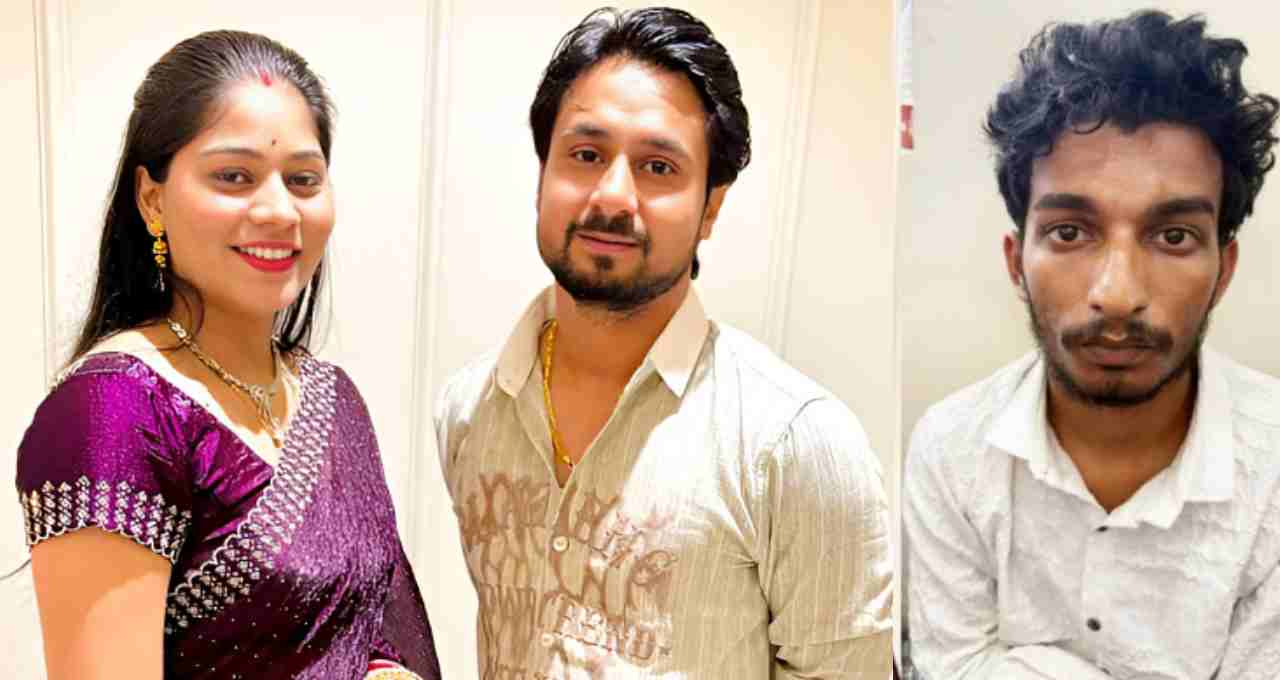
Such individuals do not show remorse after committing a crime, maintaining a normal demeanor. Sonam's behavior after her arrest was consistent with this—no tears, no regret. She even slept soundly for seven hours at the Ghazipur center. This suggests that Sonam was in a state where she had lost her sense of right and wrong.
Were the Roots of This Mindset in Childhood?
Typically, an individual would experience stress, guilt, or remorse after committing a horrific act like murder. But Sonam's case was different. She showed no change in demeanor, physical reaction, or emotional state. This suggests that she viewed the crime as a means to an end, not a transgression.
Experts suggest that such personality disorders develop in childhood or adolescence. If an individual is consistently indulged and never faces opposition or failure, they may develop a mindset that the world revolves around them.
Sonam excelled in her family business, receiving praise for her performance. However, when her family opposed her in matters of marriage, she chose "murder" as her method of defiance.
